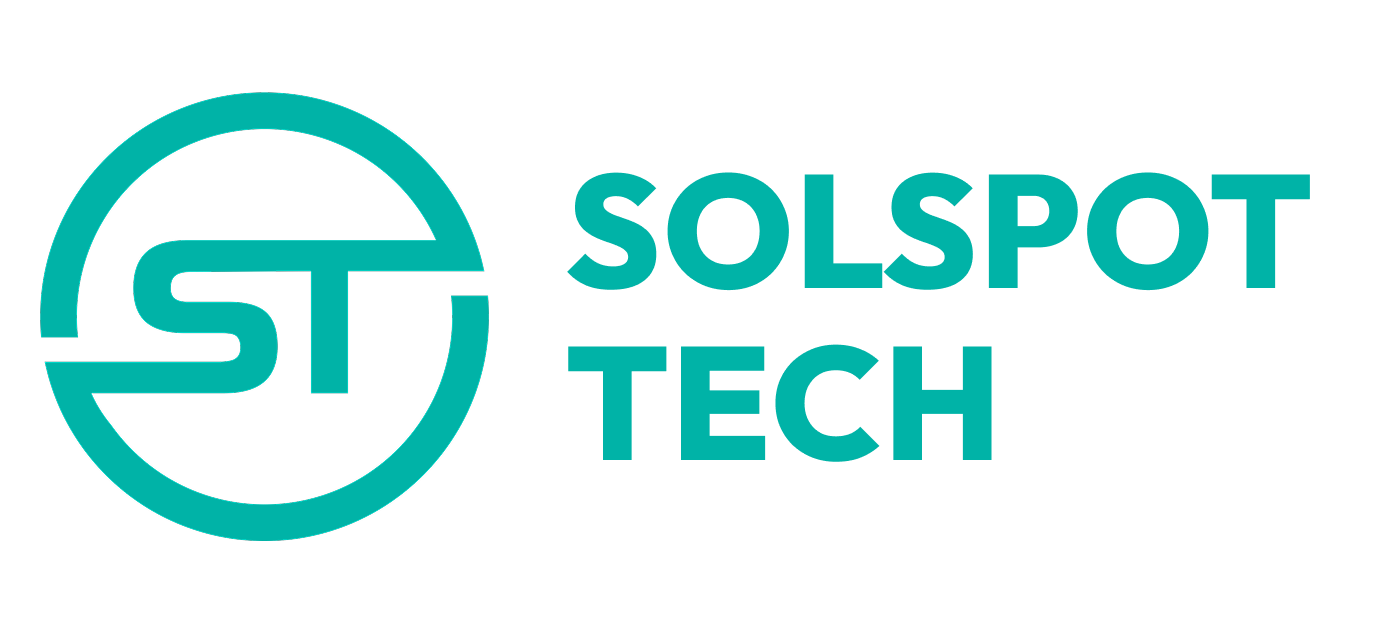- Beyond Predictions: Consumer Behavior Shifts as AI-Powered Personalization Fuels a 78% Surge in Targeted Deals.
- The Rise of Hyper-Personalization
- The Data-Driven Engine Behind Targeted Deals
- Impact on Consumer Expectations
- Future Trends in Personalized Marketing
Beyond Predictions: Consumer Behavior Shifts as AI-Powered Personalization Fuels a 78% Surge in Targeted Deals.
The digital landscape is undergoing a dramatic transformation, fueled by advancements in artificial intelligence and data analytics. Consumers are no longer passive recipients of marketing messages; they actively seek personalized experiences tailored to their individual needs and preferences. This shift is leading to a surge in targeted deals, with a recent report indicating a 78% increase in their prevalence. Understanding these behavioral changes, spurred by AI-powered personalization, is now crucial for businesses aiming to remain competitive and effectively engage their customer base. The very nature of how information is consumed and acted upon is evolving, requiring businesses to adapt quickly to the changing dynamics of consumer habits and evolving expectations around news personalized offerings and relevant insights; this continuous flow of information has led to a rapid increase in demand for personalized experiences.
The ability to analyze vast amounts of data and predict consumer behavior has empowered organizations to move beyond traditional marketing approaches. This isn’t merely about offering discounts; it’s about anticipating needs, providing relevant product recommendations, and creating a seamless customer journey. This fundamental change in strategy is reshaping the marketplace and significantly impacting consumer purchasing patterns. These advancements, combined with a greater emphasis on customer data privacy, necessitates a balanced approach, focusing on transparency and building trust with consumers as the foundation for continued interaction. The influence of these personalized offers extends beyond the immediate purchase, fostering long-term customer loyalty.
The Rise of Hyper-Personalization
Hyper-personalization, going beyond basic segmentation, utilizes real-time data and machine learning algorithms to deliver uniquely tailored experiences to each individual customer. This level of customization considers factors like past purchases, browsing history, demographic information, and even social media activity. The goal is to create a one-to-one connection with the consumer, making them feel valued and understood. This strategy relies heavily on sophisticated data infrastructure and the skillful application of analytics to extract meaningful insights.
However, the implementation of hyper-personalization isn’t without its challenges. Companies must address concerns surrounding data privacy and security, ensuring compliance with regulations like GDPR and CCPA. Transparency regarding data collection and usage is paramount to building trust with consumers. Ethical considerations also come into play, as organizations need to avoid manipulative practices that exploit consumer vulnerabilities. A truly successful hyper-personalization strategy must be built on a foundation of trust, respect, and responsible data handling.
The impact of effective hyper-personalization reaches far beyond increased sales. It fosters stronger customer relationships, boosts brand loyalty, and enhances overall customer satisfaction. By consistently delivering relevant and valuable experiences, companies can differentiate themselves in a crowded marketplace and create a competitive advantage. Here is a table demonstrating the potential return on investment of optimal personalization strategies:
| Basic (Segmentation) | 5% | 10% | 2% |
| Intermediate (Behavioral Targeting) | 15% | 25% | 7% |
| Advanced (Hyper-Personalization) | 30% | 50% | 15% |
The Data-Driven Engine Behind Targeted Deals
At the heart of this surge in targeted deals lies the ability to collect, analyze, and interpret vast amounts of consumer data. Advanced analytics platforms employ machine learning algorithms to identify patterns and predict future behavior. This allows businesses to offer discounts and promotions at precisely the right time, increasing the likelihood of conversion. Data sources are incredibly diverse, including website activity, mobile app usage, email interactions, and social media engagement.
The sophistication of these analytics tools continues to evolve. Predictive modeling, for example, can anticipate when a customer is likely to make a purchase and trigger a targeted offer accordingly. Sentiment analysis can gauge a customer’s emotional state based on their online interactions, allowing businesses to tailor their messaging to resonate more effectively. The benefits of data collection must also be weighed against customer privacy.
Here’s a breakdown of the key data points influencing targeted deal effectiveness:
- Purchase History: Past purchases reveal preferences and needs.
- Browsing Behavior: Items viewed indicate current interests.
- Demographic Data: Age, location, and gender influence purchasing decisions.
- Social Media Activity: Engagement and interests provide valuable insights.
- Email Engagement: Opens, clicks, and responses demonstrate responsiveness.
Impact on Consumer Expectations
The widespread availability of personalized experiences has dramatically altered consumer expectations. Customers now expect companies to understand their needs and offer relevant solutions—often before they even realize they have a problem. Generic marketing messages are increasingly ignored, while personalized offers command attention and generate higher engagement rates. This heightened expectation for personalization applies across all industries, from retail and e-commerce to financial services and healthcare.
Companies that fail to meet these expectations risk losing customers to competitors who prioritize personalization. The bar for delivering exceptional customer experiences continues to rise, forcing businesses to invest in advanced technologies and develop a customer-centric mindset. This shift requires a fundamental change in organizational culture, empowering employees to prioritize customer needs and embrace data-driven decision-making. Maintaining relevance requires continuous adaptation and a willingness to experiment with new personalization strategies.
Consider the following aspects of consumer expectations in this evolving landscape:
- Relevance: Offers must align with individual interests.
- Timeliness: Promotions should be delivered at the opportune moment.
- Convenience: The customer journey must be seamless and effortless.
- Transparency: Data usage should be clear and ethical.
- Value: Personalized offers must provide tangible benefits.
Future Trends in Personalized Marketing
The future of personalized marketing is poised for even more significant advancements, driven by emerging technologies like artificial general intelligence (AGI), augmented reality (AR), and the metaverse. AGI promises to unlock new levels of predictive accuracy and enable truly individualized customer experiences. AR can enhance engagement by allowing customers to visualize products in their own environment, while the metaverse offers immersive brand experiences and new avenues for personalized interactions.
Furthermore, the development of privacy-enhancing technologies (PETs) will enable businesses to leverage data without compromising consumer privacy. These technologies, such as differential privacy and federated learning, allow for data analysis while minimizing the risk of re-identification. As these technologies mature, they will become increasingly essential for building trust and maintaining ethical standards. Adaptability and continuous learning will be paramount for businesses navigating this rapidly changing landscape.
Here’s a forecasted impact of these technologies on marketing spend:
| Artificial General Intelligence (AGI) | 45% | High |
| Augmented Reality (AR) | 30% | Moderate to High |
| Metaverse | 25% | Moderate |
| Privacy-Enhancing Technologies (PETs) | 20% | Moderate |
The shift towards AI-powered personalization isn’t merely a technological trend; it represents a fundamental change in the way businesses interact with their customers. By embracing data-driven strategies, prioritizing customer privacy, and continuously adapting to emerging technologies, organizations can unlock new levels of growth and build lasting relationships in the evolving digital landscape. This level of attention to individual customer experience is defining a new era in commerce.

